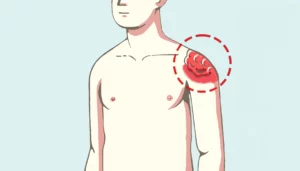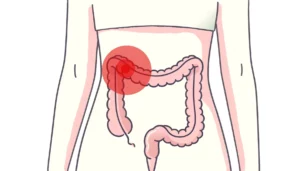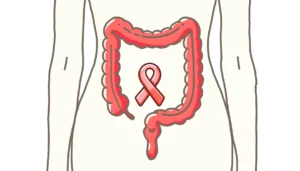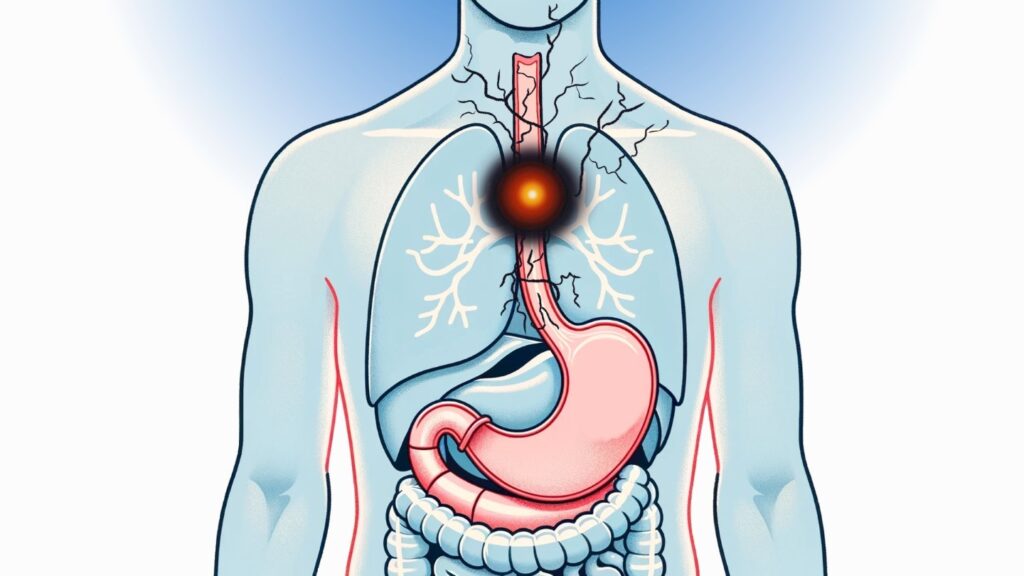
This Case Report is of a seventy-four year old man with squamous cell esophageal cancer that spread to a single lymph node. This type of cancer is extremely aggressive with respect to metastatic growth and has a very low five year survival prognosis (link).
This is the story of a community member’s husband’s experience with esophageal cancer and fenbendazole.
Last summer (2021) my husband started to have trouble swallowing. He went to his doctor who did some tests and found a growth. The biopsy showed that it was squamous cell esophageal cancer. Further tests showed that it had spread to a single lymph node, so it was graded as Stage 3.
First month: I did some research and found out about fenbendazole and immediately started the Joe Tippens protocol (3 days of fenbendazole followed by four days off each week, CBD oil, curcumin). We treated the cancer for 30 days with fenbendazole only, until the first round of chemotherapy started.
Next seven weeks: The oncologist scheduled chemo once per week for 7 weeks and radiation treatments for 5 days per week for 7 weeks. We did not use fenbendazole during this seven week period.
Immediately after the last chemo/radiation session we restarted taking fenbendazole (222 mg per day every day).
Four weeks later: Scan showed no evidence of cancer but there was a thickening of the esophageal wall that was of concern. We waited on further invasive testing (endoscope) to determine if it was cancer and continued with the fenbendazole.
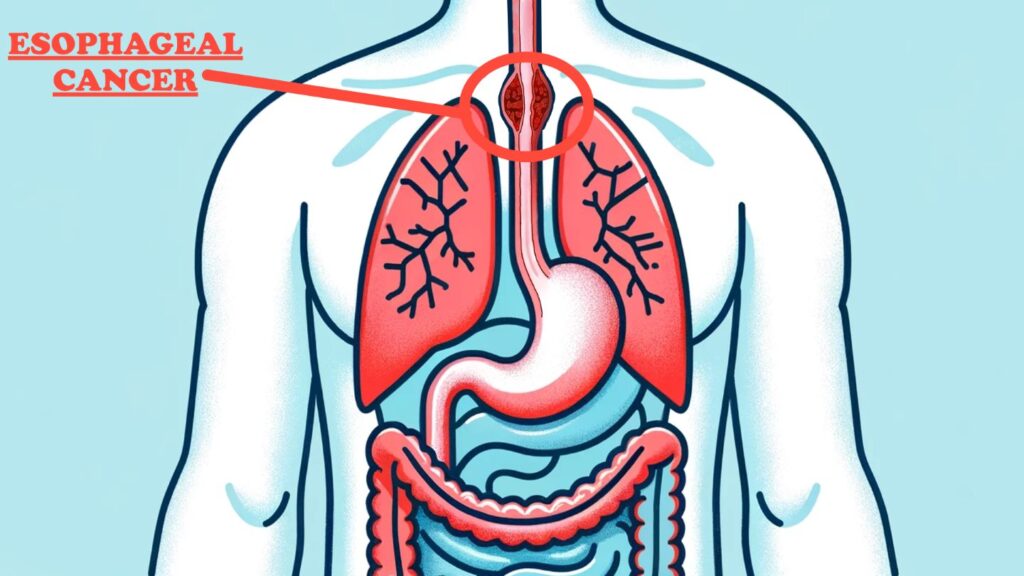
Three months later: The scan showed the same esophageal thickening. Subsequent biopsies showed no evidence of cancer.
We will remain on fenbendazole forever (222 mg/day five days a week).
Stasey, New Jersey
November 7, 2022
Q: Do you think the chemo/radiation did the trick or was it the combination of chemo/radiation + fenbendazole?
A: I assume a combination but lean heavily toward the fenbendazole. Here’s why. The doctors were quite surprised (after the cancer was gone from their treatments). They wanted to do surgery after their chemo/radiation treatments to remove the esophagus and part of his stomach because they didn’t believe the chemo/radiation would get all the cancer.
We refused the surgery. Esophageal cancer is very aggressive, I believe it didn’t spread beyond the one lymph node because we caught it early with fenbendazole.
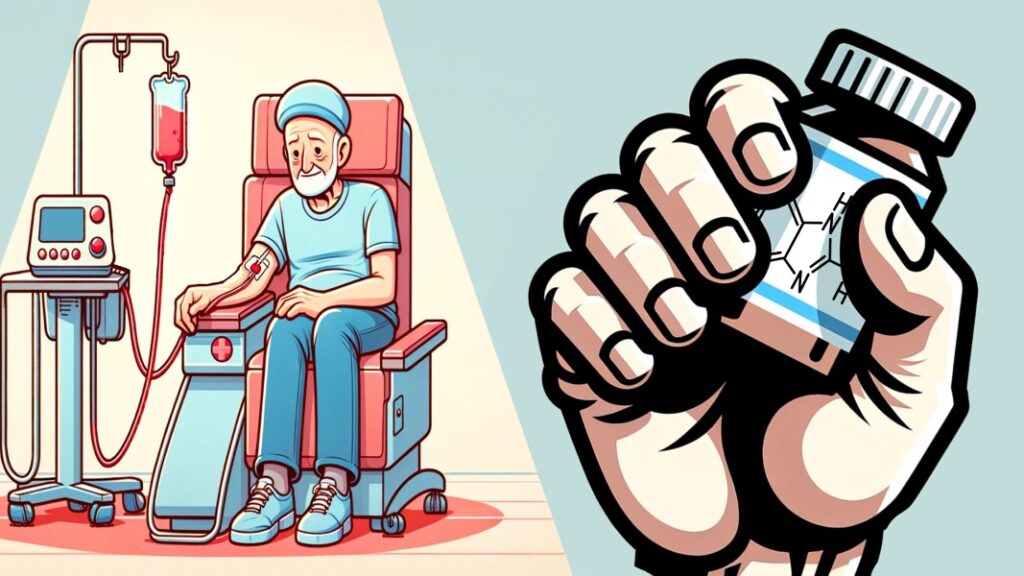
Q: Were there any side effects from the fenbendazole?
A: None. Liver enzymes remained normal.
Q: Did you ever tell the oncologist you were using fenben?
A: Not specifically. We said we were taking supplements to get liver testing. He didn’t ask.
There is a lot to learn from this Case Report. First, the importance of taking action as soon as the diagnosis is received. There is often a lag between diagnosis and the initiation of treatment that can make a difference in the final outcome. Because squamous cell esophageal cancer is so aggressive, starting treatment with fenbendazole as soon as possible was wise.
Second, the doctors did not have much confidence in the efficacy of their own standard treatments, using traditional chemo/radiation, so much so that they still recommended follow-up surgery to remove the affected esophagus and stomach.
In other words, in their experience, using traditional chemo/radiation is typically not sufficient to eradicate the cancer. The use of fenbendazole appears to be the difference maker in this case.
Third, no side effects from fenbendazole were noted. The safety profile of fenbendazole is excellent; entire populations deworm themselves using albendazole, a functional equivalent to fenbendazole.
Fourth, fenbendazole at 222 mg per day is effective.
Finally, awareness of fenbendazole’s effectiveness in eradicating cancer, coupled with the lack of evidence of any remaining active cancer, influenced the decision to not get follow-up surgery.

